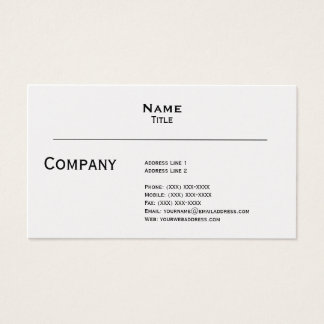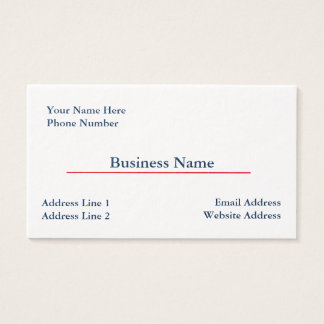One day we hear that social signals are important, and the next day we hear that Google doesn’t even look at them. How do we know the truth before Google releases its next set of algorithm changes? How can we use social media to impact our websites and our search rankings right now?
In the past, SEO mainly involved the right keywords and a large collection of inbound links. Search engines looked at the relevancy of your meta descriptions and title tags, as well as the authority of sites linking to you. While these continue to be important elements to successful SEO efforts, social signals can now influence your results even further.
With Google valuing user relevance more than ever before, social signals may slowly become the new way to inform search engines of authority and quality. Google and Bing are starting to consider content that has been retweeted more times than other articles, as well as who exactly is sharing the article – those with the most influence and followers may be an important factor to the search engines.
So no matter how you look at the relationship between social media and search engines, if you’re diligent, social media can be a dominant force in building brand authority and ultimately increasing your site’s performance.
Boost Your Credibility
I think we can all confirm that recommendations from family and friends are more valuable and trustworthy than other forms of advertising. And how do you follow your friends’ latest interests and keep up with what everyone is talking about? Social media.
When we share something on social media, we want our networks to know that it’s valuable and worth looking at. From a business perspective, this means we should encourage users to share our content with their followers. If nothing else, this will spread visibility and strengthen your reputation of being a credible source. And consumers want to do business with credible, trustworthy businesses.
Businesses can also boost their credibility by continually expanding their social presences. This includes sharing updates about new products, answering customers’ questions and interacting with them. This type of social activity will give your users something to tweet about and a source to cite, which naturally increases your business’s authority and SEO performance.
What Types of Signals Will Search Engines Look At?
Since it’s important for businesses to have strong Facebook and Twitter presences, Google and other search engines may crawl your social pages, as well as take certain signals into account.
With authority and quality in mind, search engines may look at:
- The number of tweets and retweets your URL has
- The number of Facebook shares it has
- The number of +1s
- The authority of the person sharing or tweeting your URL
This means that tweeting certain keyword phrases and URLs with content could not only help the page appear in search traffic, but it could also increase short-term rankings for the keyword. Social signals are essentially confirmation of a piece of content’s relevancy – if an influential person is sharing it, or a large number of other users, they are prominently vouching for your brand’s authority and can influence your rank on Google.
Increase Your Website’s Signals
If you want to increase your site’s social signals, there are a few elements you need to incorporate. Share buttons are a simple way to bolster your social signals, and they should be included on your site’s pages. You should also have buttons that allow users to connect to your social profiles, such as “Like us on Facebook” or “Follow us on Twitter.”
If you have a blog, it should be easily-accessible and promoted on your site. This is a great way to internally gain social shares through your website.
When you’re working on external elements outside of your website, you’ll want to become active on the social platforms that are relevant to your audience. Whether it’s Facebook, Twitter, LinkedIn, Pinterest or YouTube, create accounts and post content that will be useful. Guest blog posting can also help you share and promote content across your social accounts – others can then share your guest posts and boost your social signals.
Build Your Personal Brand
While Google’s Matt Cutts has admitted that Google cannot always access every social signal, it still crawls Facebook and Twitter pages just as it does any other sites. Regardless of how the signals impact your search rankings, they can still help you build your personal brand.
Cutts believes that “both [Facebook and Twitter] represent a fantastic avenue, it’s a way to drive visitors and traffic to your site, it’s a way to let people know about news related to you or your company or website, so I think they’re great ways to build up your personal brand.”
Social platforms are creative outlets that can help you build your brand immensely. With so many ways to connect with your customers and give them perks and sneak peaks, your search engine rankings will be an added bonus to the work you put into developing your brand.
Earned Media
It’s a no-brainer that content with thousands of shares on social media will gain more visibility. It will be talked about more, and it will perform better. This equates to value and can indicate to Google that users are finding it useful. With user experience being the focus of most search engines right now, social signals offer plenty of SEO and branding opportunities.
The truth is simple. Social media helps you earn trust the natural way. What are your thoughts? Share in the comments below.









No comments:
Post a Comment